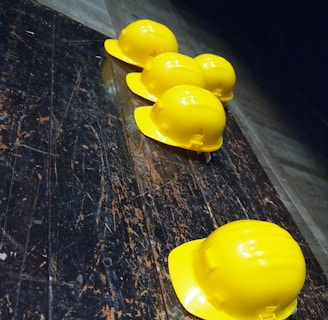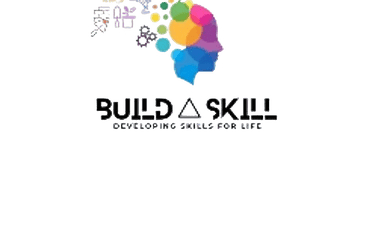

Measuring up...
After more than a decade working in schools, youth clubs, and community settings, Founder Chris Tridgell observed a recurring challenge: the traditional education system often falls short for certain young people, leaving them with the unfair impression that they are the ones who don’t measure up.
Build A Skill addresses this gap by combining proven mentoring techniques and youth work practices with a hands-on syllabus of DIY and construction skills. Participants develop practical abilities and confidence, culminating in a project within their local community—giving them a real sense of pride, ownership, and achievement.
As Albert Einstein once said, “Not everything that can be measured counts, and not everything that counts can be measured.”
Below are just some of the skills young people gain through the programme.
DIY & Construction Skills
Drill skills & DIY
Hidden skills
Construction tasters
Carpentry & joinery
Community project
Site visits












Almost every DIY or trade task involves a drill—whether it’s hanging a shelf, fitting a door, securing pipes, or assembling furniture.
In this part of the programme, students learn how drills work, which fixings to use, how to tackle different walls and materials, and, most importantly, how to stay safe—because nobody wants a flooded room or a wall full of holes!
Once they’ve mastered the drill, this skill becomes a go-to tool they’ll use again and again across other projects, helping them gain confidence and independence in their practical work.
From the very first session with Build A Skill, students begin developing important life skills—sometimes in plain sight, and sometimes cleverly woven into activities. These include giving a confident handshake, maintaining eye contact, safe manual handling as a team, leadership, effective communication, and resolving conflict in a pro-social way.
Some of these skills are taught through structured exercises, refined over years of youth engagement, while others are embedded naturally within group tasks—helping students learn without even realising they’re building essential life skills.
From basic bricklaying and decorating to introductory plumbing, students get to try a variety of trades. Whenever possible, we tailor the programme to a school or local community project, giving young people the chance to work to real-world requirements—just like a professional meeting a client’s needs. It’s hands-on, practical, and shows how skills can make a real difference.
Woodworking is not only a valuable skill but also a potential career path for those who develop a passion for it. Director and Founder Chris Tridgell speaks from experience as a qualified and skilled joiner and furniture maker.
The sense of pride and accomplishment that comes from completing a project—whether it’s a functional piece, a creative design, a community project, or a personal wood carving—is universal. Every finished project builds confidence, creativity, and practical expertise.
Around the midpoint of the 12-week programme, students begin working on a community project designed to meet local needs. Examples include building planters for flowers or vegetables at a school or installing shelves at a community centre.
Beyond the practical skills, these projects help foster pride in the community, a sense of ownership over their environment, and confidence in their ability to make a positive impact.
Build A Skill is all about building—building practical skills, building networks, and building a passion for life.
To support this, groups take part in visits to colleges, construction sites, and joinery workshops, giving students a real-world sense of the opportunities that different careers can offer. For young people who may have been judged primarily by their academic performance, discovering alternative pathways to success is invaluable in boosting confidence and self-worth.
Build A Skill CIC
Empowering at-risk youth through practical workshops and mentoring.
Enquiries:
E: info@buildaskill.uk
T: +447999679163


